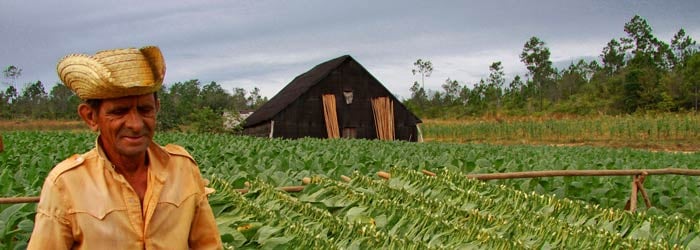News Bin - September 19, 2018
Bringing you the latest news, information, and resources from around the web. In the September 19th edition, read more about the following:
- Fire Devastates Brazil’s Oldest Science Museum
- How the House Sparrow Conquered the World is Encoded in its Genes
- Why Revealing Uncontacted Tribes May Help Save Them
- Quality, Not Just Quantity, Matters When It Comes to Conservation
- Environmentally friendly farming practices used by nearly one third of world's farms
Fire Devastates Brazil’s Oldest Science Museum
Major pieces of Brazil's scientific and cultural heritage went up in smoke on September 2, as a devastating fire ripped through much of Rio de Janeiro's Museu Nacional, or National Museum. Founded in 1818, the museum is Brazil's oldest scientific institution and one of the largest and most renowned museums in Latin America, amassing a collection of some 20 million scientifically and culturally invaluable artifacts.
How the House Sparrow Conquered the World is Encoded in its Genes
House Sparrows were restricted to Eurasia until about 200 years ago, when they tagged along as Europeans colonized the world. “As human technology has developed, House Sparrows have dispersed much farther than they would have by themselves," says Aaron Schrey, a population geneticist at Georgia Southern University who has studied the invasion genetics of the House Sparrow. Now, new research published this month by the Royal Society shows that the relationship between humans and House Sparrows goes back much further—some 11,000 years and to the invention of agriculture. Interestingly, the research links the species’ global success to a pair of genes.
Why Revealing Uncontacted Tribes May Help Save Them
Brazil’s decision in recent weeks to release video clips of isolated indigenous peoples reflects a growing unease among rights officials that time may be running out to protect the Amazon’s last “uncontacted” tribes and their rain forest homelands. Both videos were taken without the knowledge or consent of the subjects, raising ethical questions about their rights, but FUNAI officials said they decided to release the images after a consensus was reached to heighten awareness within Brazil and around the world of the existence of the isolated tribes and their increasingly precarious status.
Quality, Not Just Quantity, Matters When It Comes to Conservation
The Half Earth Project is one of the most exciting movements in conservation. The idea is simple: Set aside 50 percent of all the land outside Antarctica and half of the oceans to protect Earth’s biodiversity. Could such a project meet its goal of protecting 85 percent of species on Earth? A new study in the journal Science Advances suggests that it’s not the acreage that matters when it comes to species conservation. It’s all about location. “If we are to protect most species from extinction, we have to protect the right places—special places—not just more area, per se,” coauthor Binbin Li at Duke Kunshan University in China said in a statement.
Environmentally friendly farming practices used by nearly one third of world's farms
Nearly one-third of the world's farms have adopted more environmentally friendly practices while continuing to be productive, according to a global assessment by 17 scientists in five countries. Researchers analyzed various practices, including organic farming, that use land, water, biodiversity, labor, knowledge and technology to both grow crops and reduce environmental impacts like pesticide pollution, soil erosion, and greenhouse gas emissions.”


